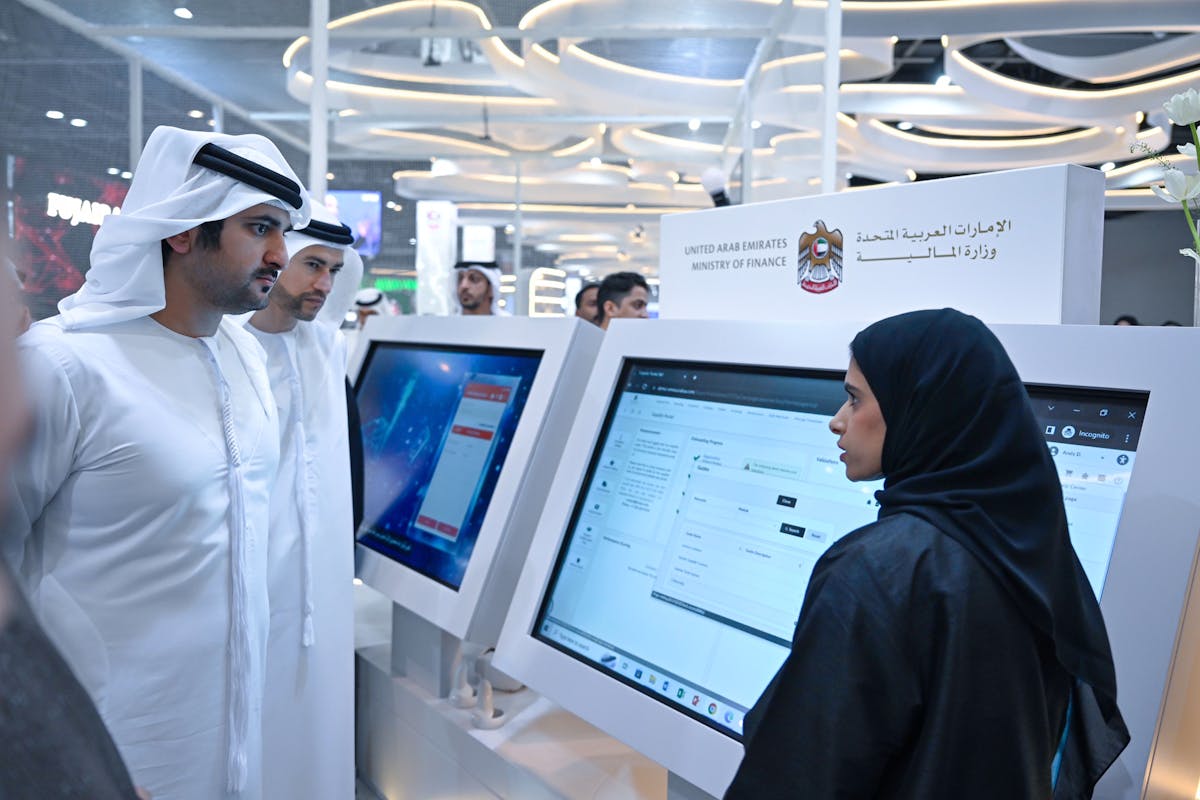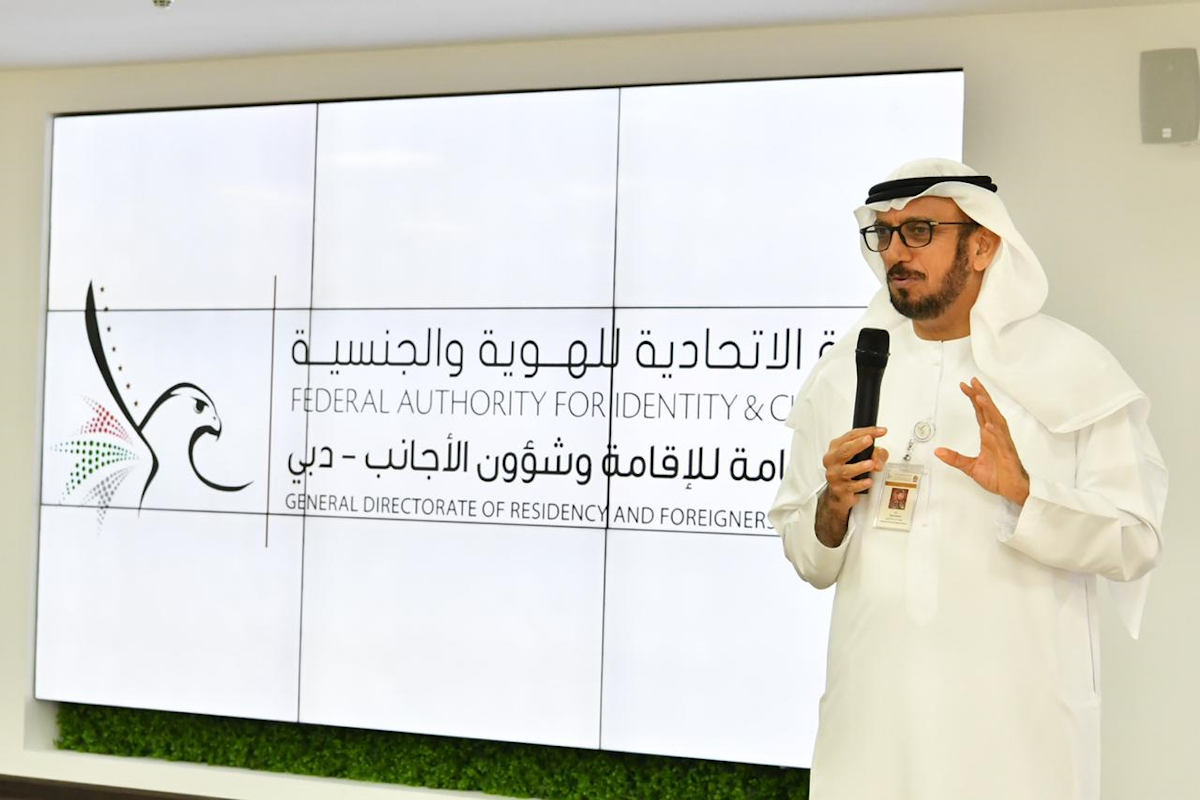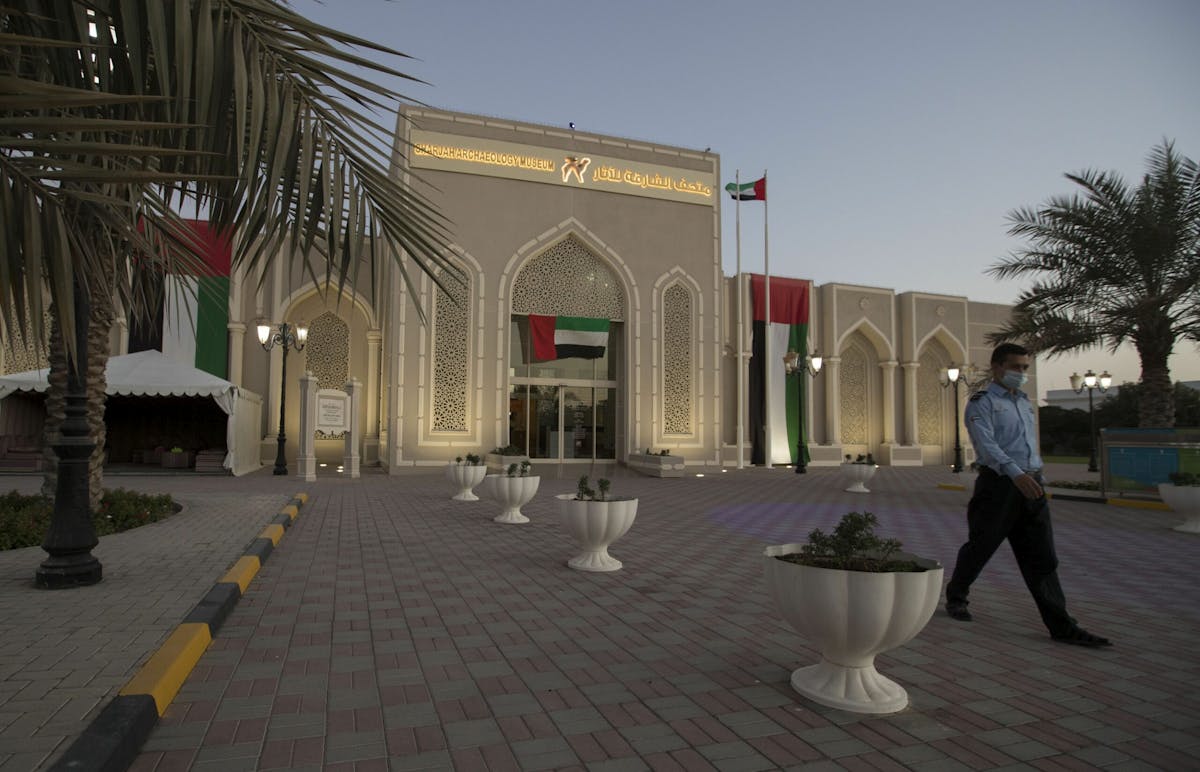UAE Introduces Responsible Metaverse Governance Framework
UAE
The United Arab Emirates has recently introduced a governance framework that aims to ensure the ethical growth of the metaverse.
UAE Minister of State for Digital Economy, A.I. and Remote Work Applications Omar Sultan Al Olama has announced the launch of the “Responsible Metaverse Self-Governance Framework” white paper, which was developed in collaboration with Dubai’s Department of Economics.
This framework has been designed to support the expansion of the metaverse economy by addressing challenges and taking advantage of opportunities. It outlines guiding principles and best practices for metaverse governance, covering areas such as data privacy, content moderation, and financial crime prevention.
The UAE’s initiative is aimed at ensuring the responsible and sustainable growth of the metaverse while maintaining ethical standards.
The UAE has adopted a proactive governance approach to the metaverse ecosystem, aiming to promote innovation while safeguarding users and businesses.
This regulatory stance has been welcomed by Binance CEO Changpeng Zhao, signaling the crypto industry’s endorsement. Binance has been expanding its presence in the UAE, recognizing the country as a significant operational hub.
The company’s subsidiary, Binance FZE, has obtained a minimum viable product (MVP) license from Dubai’s Virtual Asset Regulatory Authority (VARA), enabling it to offer cryptocurrency exchange and virtual asset broker-dealer services in Dubai.
Binance finds the UAE’s clear crypto regulations appealing, particularly given the legal challenges it faces in the US, including disputes with the Securities and Exchange Commission and the Commodities Futures Trading Commission.
According to a study by Strategy&, a management consulting company, the metaverse is expected to contribute $15 billion to the economies of the Gulf countries by 2030 given that their governments are tapping into the virtual space.
Saudi Arabia topped the GCC countries in terms of metaverse contributions, as it is predicted to account for $7.6 billion by 2030 (more than half of the figure). While, the UAE came second with an expected share of $3.3 billion.
Subscribe to UPYO News Newsletter to receive Latest, Breaking and Live Updates on Web3 Space.















